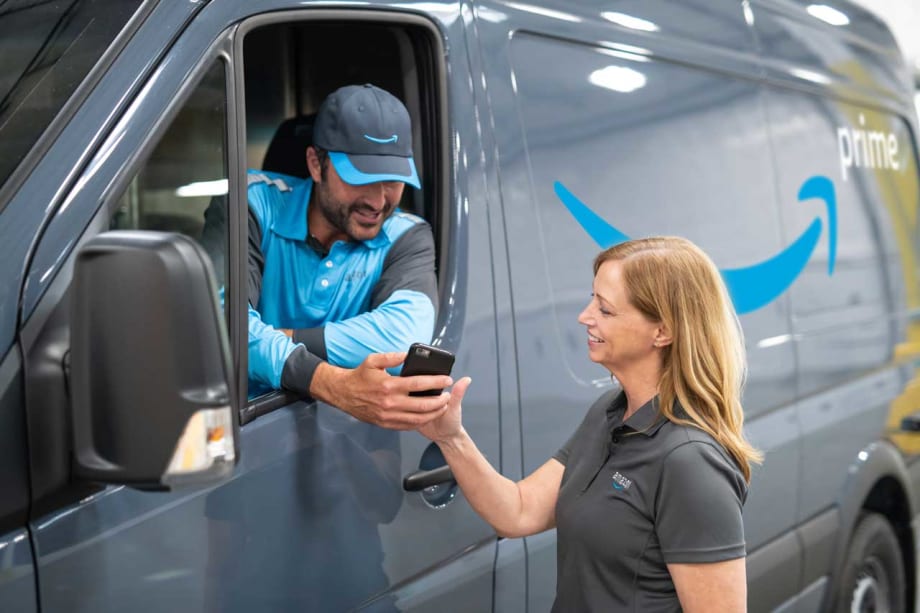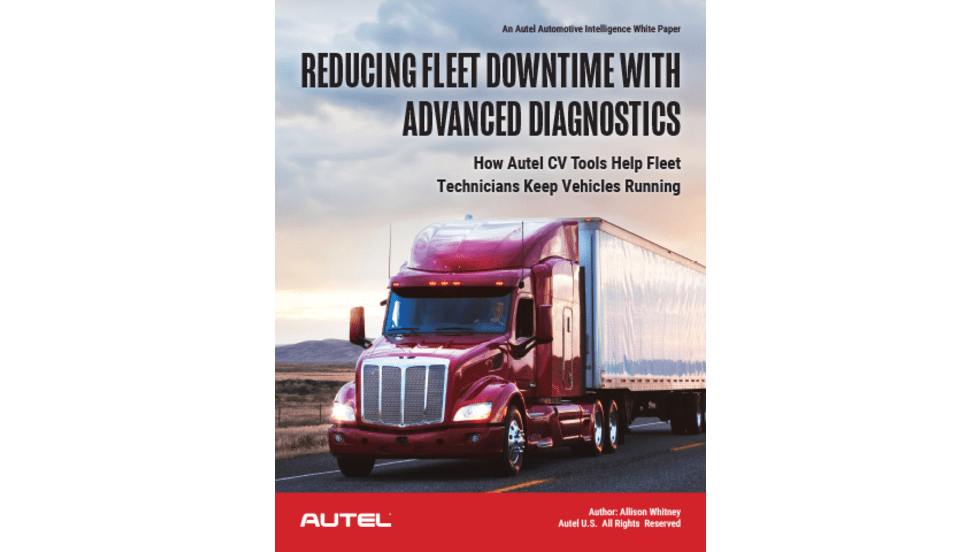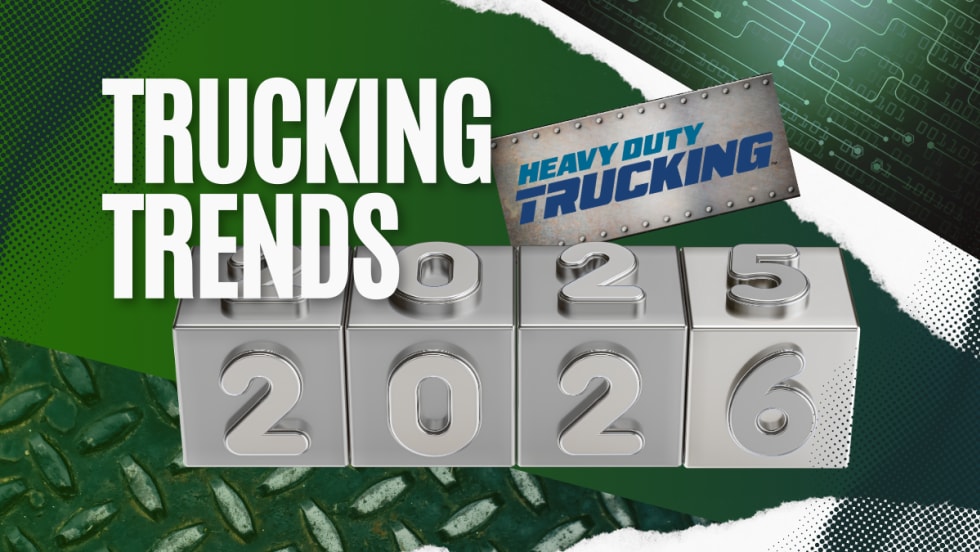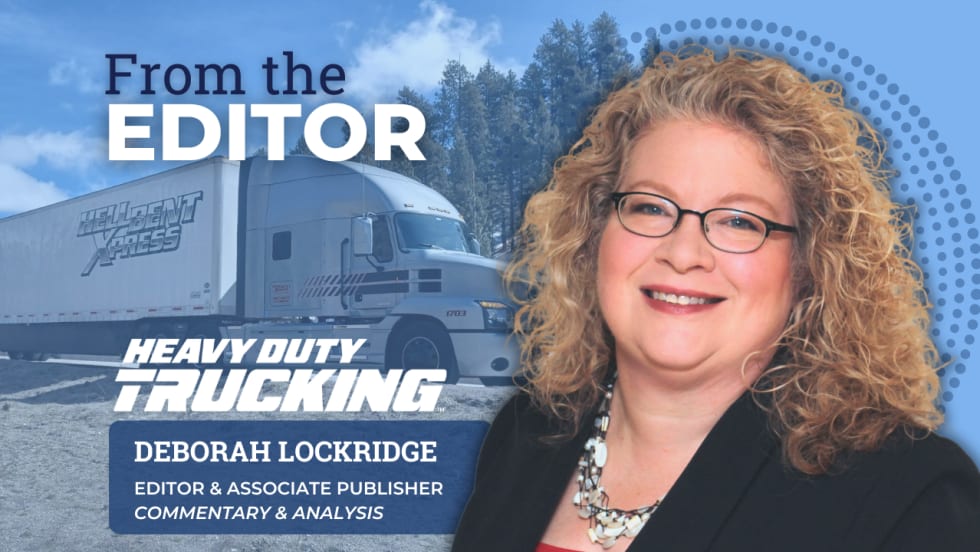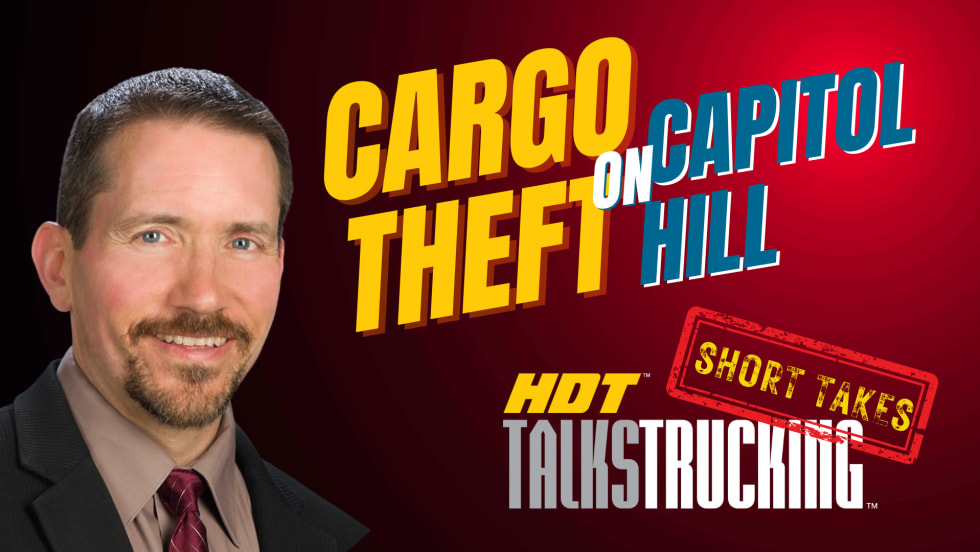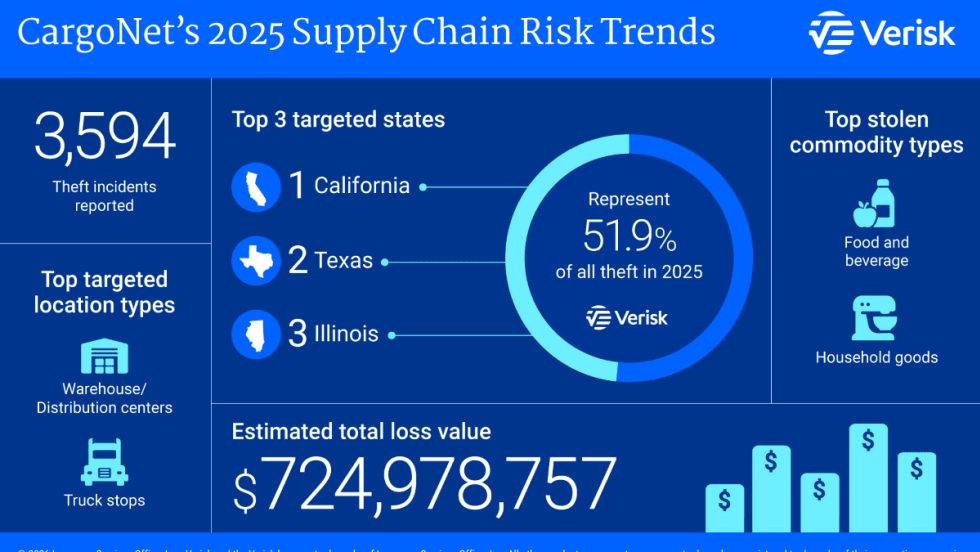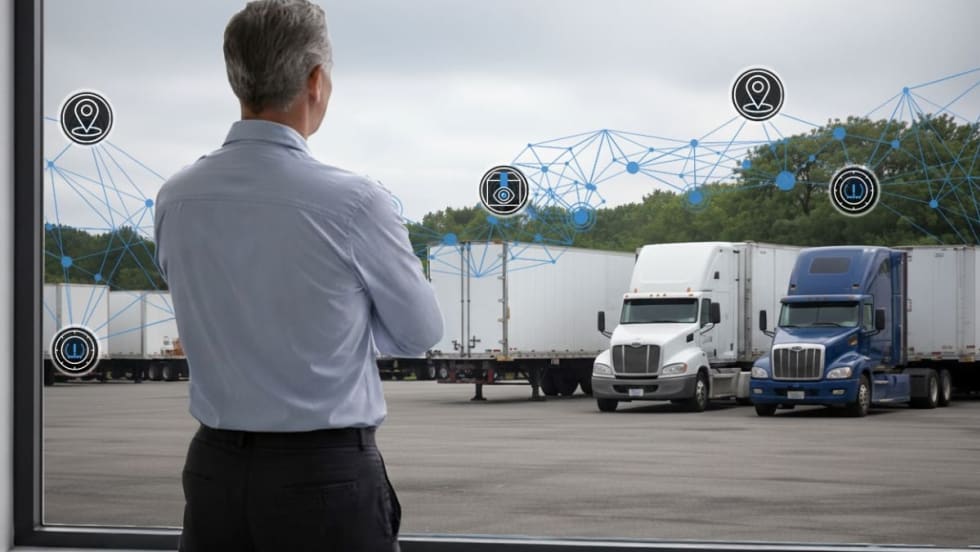Amazon’s new robot delivery service pilot program may be generating buzz, but the e-commerce giant doing something else that could have more far-reaching implications for last-mile delivery: Introducing a new seven-day-a-week delivery network that promises its shippers fewer extra fees.
According to the Wall Street Journal, Amazon intends to get rid of fees that traditional parcel carriers use as revenue producers, including residential surcharges, fuel surcharges, and “extra charges to deliver packages to homes during the peak holiday season or on weekends.”
The WSJ points out that Amazon recently expanded its home-delivery service, Amazon Shipping, beyond test markets in London and Los Angeles. The online retailer is offering to pick up shipments from merchants’ warehouses and deliver them directly to shoppers.
“To woo shippers, the retailer is promising to forgo many fees that the traditional carriers use to pad their revenue, such as extra charges to deliver packages to homes, during the peak holiday season or on weekends, according to an email sent last week to shippers in the New York area and reviewed by The Wall Street Journal.”
The WSJ points out that while large parcel carriers use the fees to help meet the extra costs involved with e-commerce packages and residential deliveries, Amazon’s service is designed from the get-go for this type of operation, so there’s no need for such surcharges.
It appears to be part of Amazon’s larger strategy to gain more control. Amazon also is building a fleet of delivery vans using contract drivers. It’s building a fleet of Boing 767 cargo planes and ramping up airport hub operations, including building a $1.5 billion hub at the Cincinnati/Northern Kentucky International airport.
“Who could blame Amazon for seeking more control of what they don’t have control over?” writes Shep Hyken, a customer-service expert, at Forbes.com. “Many years ago Jeff Bezos, the founder and CEO of Amazon, argued they didn’t need a phone number for customers to call if there were problems. His famous quote was, ‘The best customer service is if the customer doesn't need to call you, doesn't need to talk to you. It just works.’ That’s fine until it doesn’t work. Once that package leaves the Amazon warehouse, they lose total control. … Amazon’s move into airplanes, hubs and delivery vans is a way to provide a better customer experience.”
However, Gordon Glazer, senior consultant for San Diego-based parcel consultancy Shipware, called the move “another Amazon publicity stunt like the idea of drones replacing uniformed drivers,” according to Logistics Management. “This will keep the rest of industry scrambling to deal with the Amazon effect.
“More likely, it will be a selected program for hand picked vendors to further enhance their Shipper Fulfilled Prime offerings,” Glazer predicted. “Even limiting services to residential deliveries, it will take years and billions of dollars to build out a national distribution network for non-Amazon packages.”




